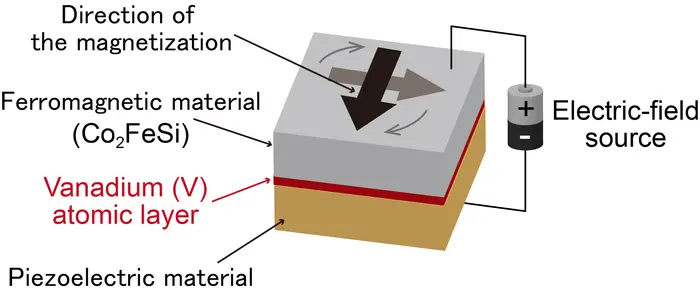Today, Jenny Erpenbeck became the first German writer to win the International Booker Prize for translated fiction for Kairos, her affecting novel about a love affair in the waning days of a divided Berlin. She shares the £50,000 prize equally with her translator, Michael Hofmann, who is the first male translator to win the prize.
Eleanor Wachtel, this year’s judging Chair, had this to say about the novel and its translation:
In luminous prose, Jenny Erpenbeck exposes the complexity of a relationship between a young student and a much older writer, tracking the daily tensions and reversals that mark their intimacy, staying close to the apartments, cafés, and city streets, workplaces and foods of East Berlin. It starts with love and passion, but it’s at least as much about power, art and culture. The self-absorption of the lovers, their descent into a destructive vortex, remains connected to the larger history of East Germany during this period, often meeting history at odd angles.
Michael Hofmann’s translation captures the eloquence and eccentricities of Erpenbeck’s writing, the rhythm of its run-on sentences, the expanse of her emotional vocabulary.
What makes Kairos so unusual is that it is both beautiful and uncomfortable, personal and political. Erpenbeck invites you to make the connection between these generation-defining political developments and a devastating, even brutal love affair, questioning the nature of destiny and agency. Like the GDR, it starts with optimism and trust, then unravels.
For a taste of the novel, here’s actress Eleanor Tomlinson:
And for something a bit more conversation, here’s a chat between Erpenbeck and Hofmann (gosh, the Booker always has the best videos):
Kairos was first published in German in 2021 and the English translation was previously longlisted for the 2023 National Book Award for Translated Literature. Erpenbeck was also longlisted for the International Booker in 2018 for Go, Went, Gone. And while these things are never certain, it’s a pretty safe bet to expect her name to increasingly be in the mix for a Nobel in the coming years.




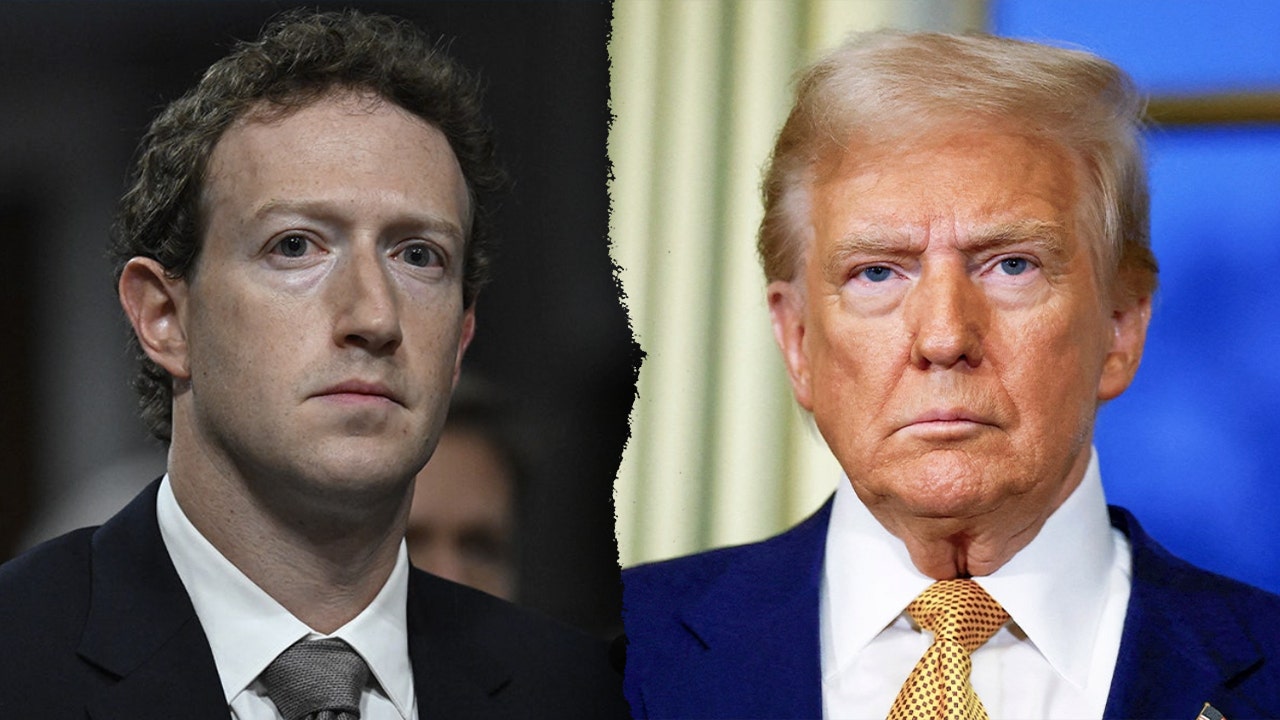











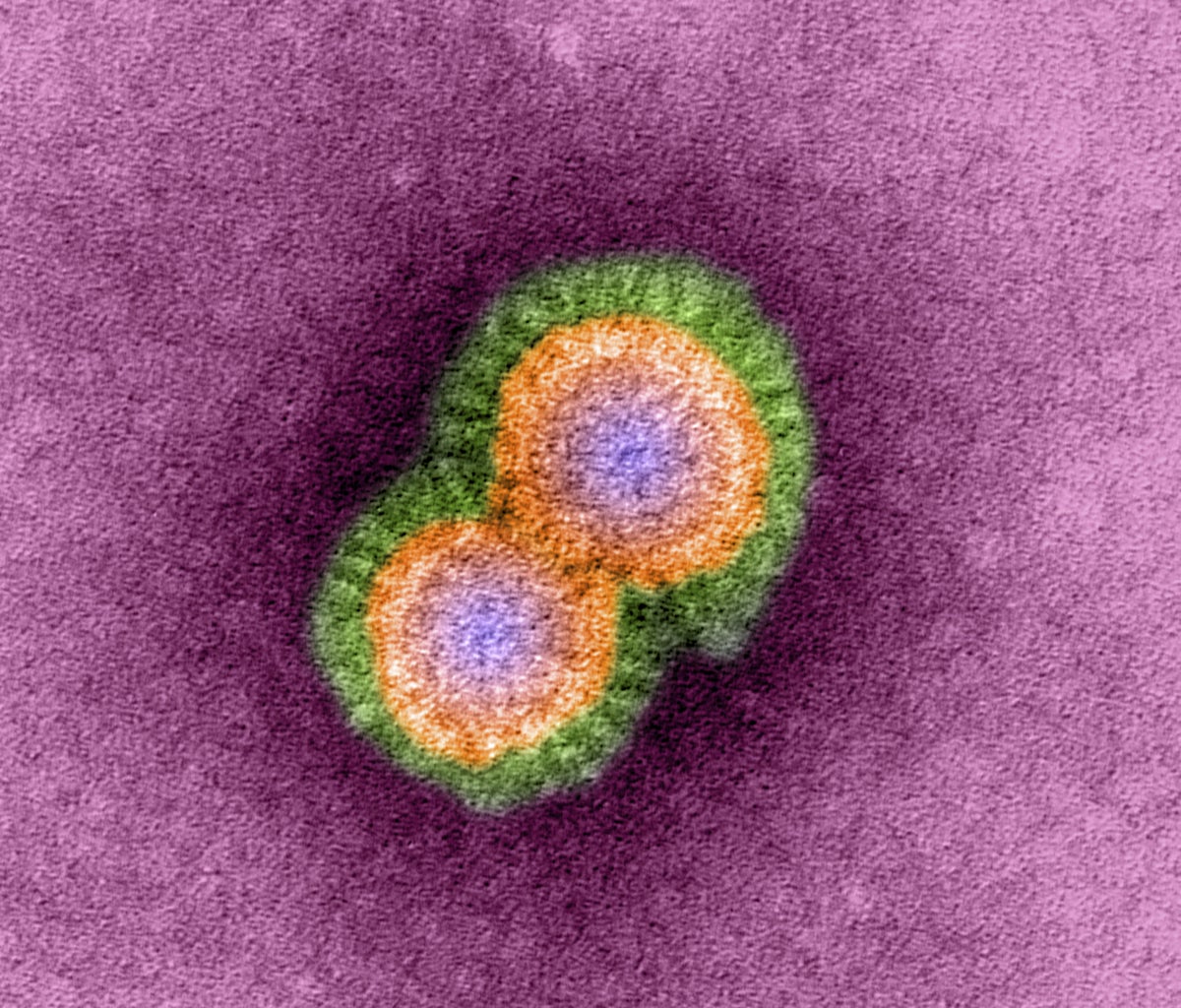























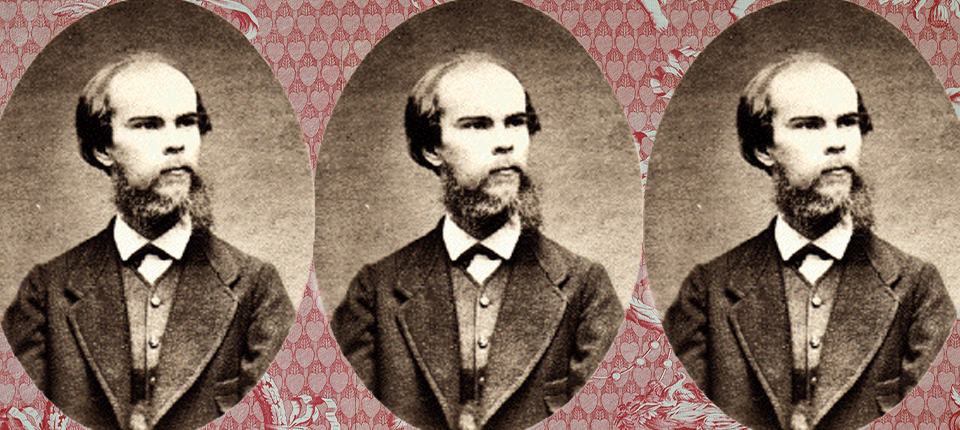




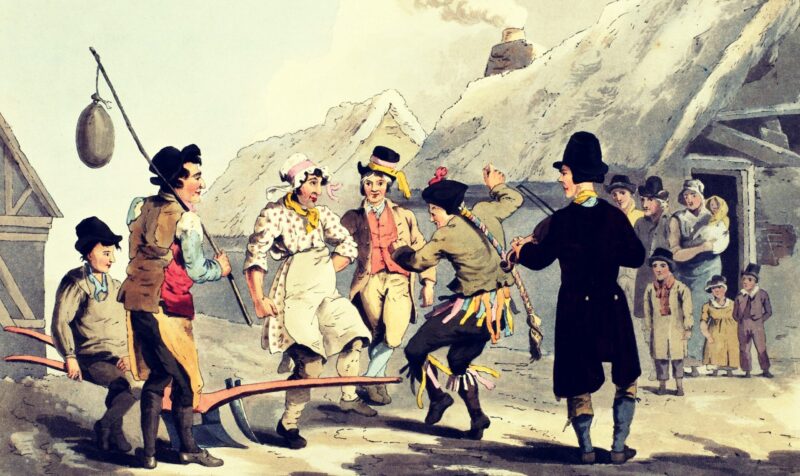

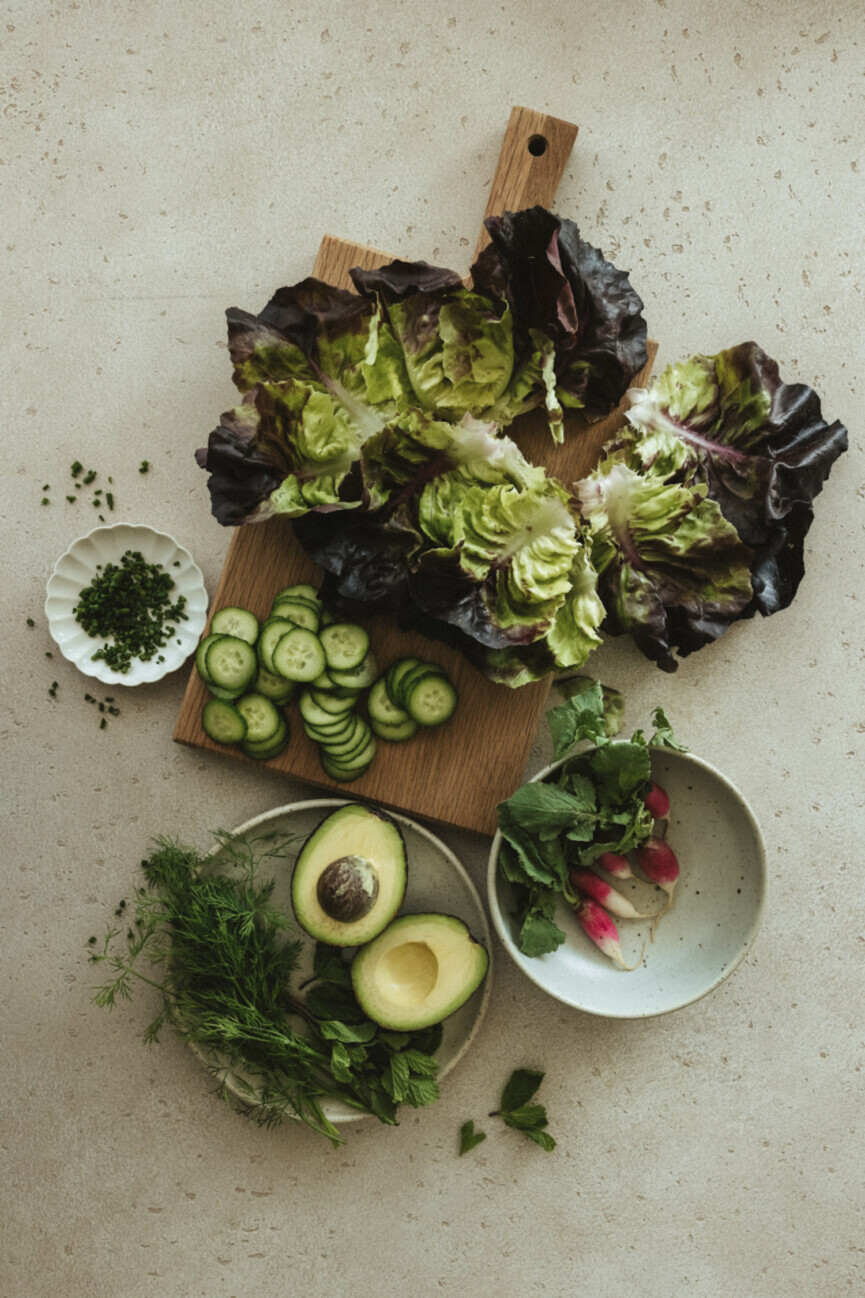
![‘The Voice’ Season 25 Finale Names [Spoiler] the Winner ‘The Voice’ Season 25 Finale Names [Spoiler] the Winner](https://washingtonweeklytimes.com/wp-content/themes/jnews/assets/img/jeg-empty.png)







